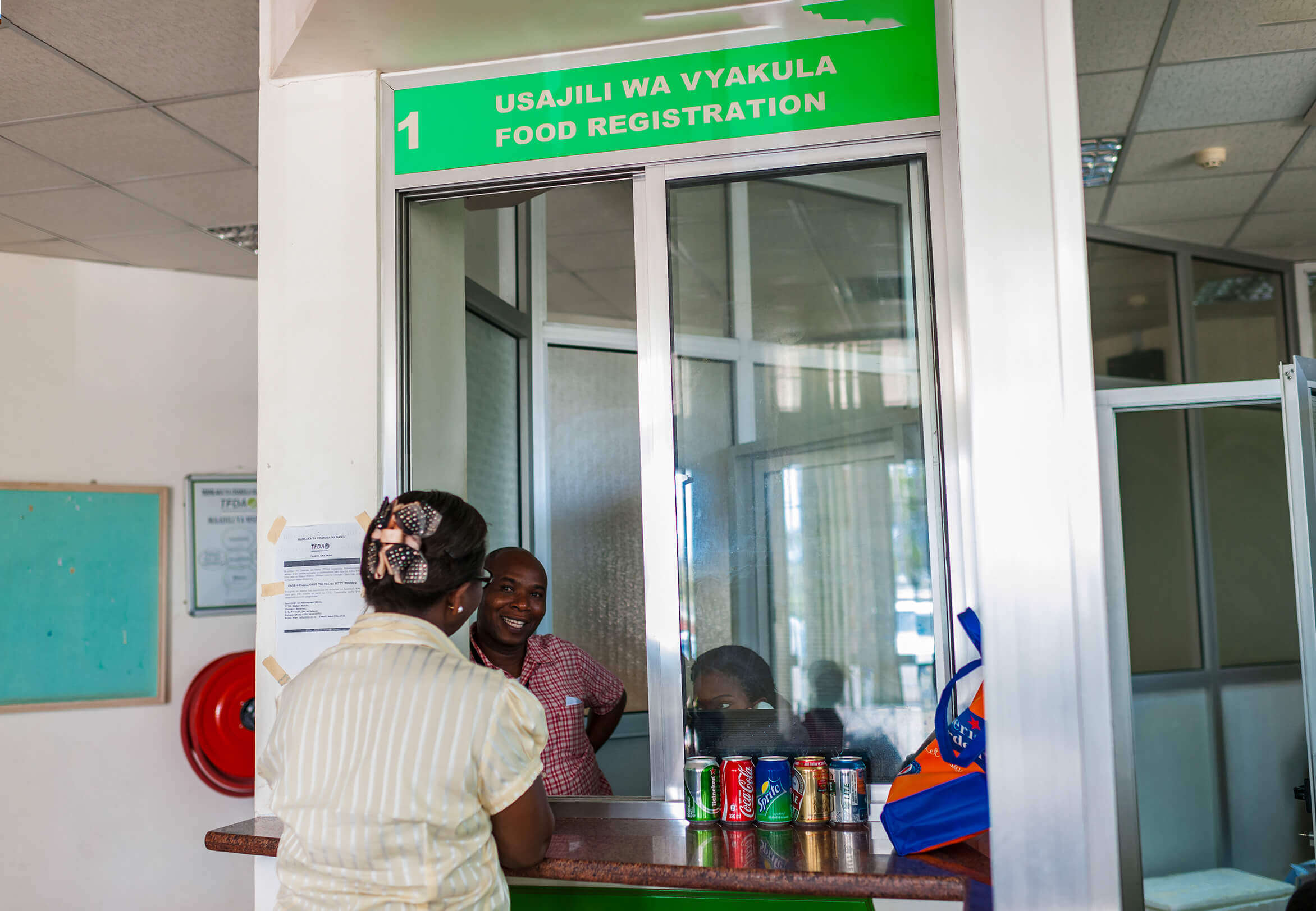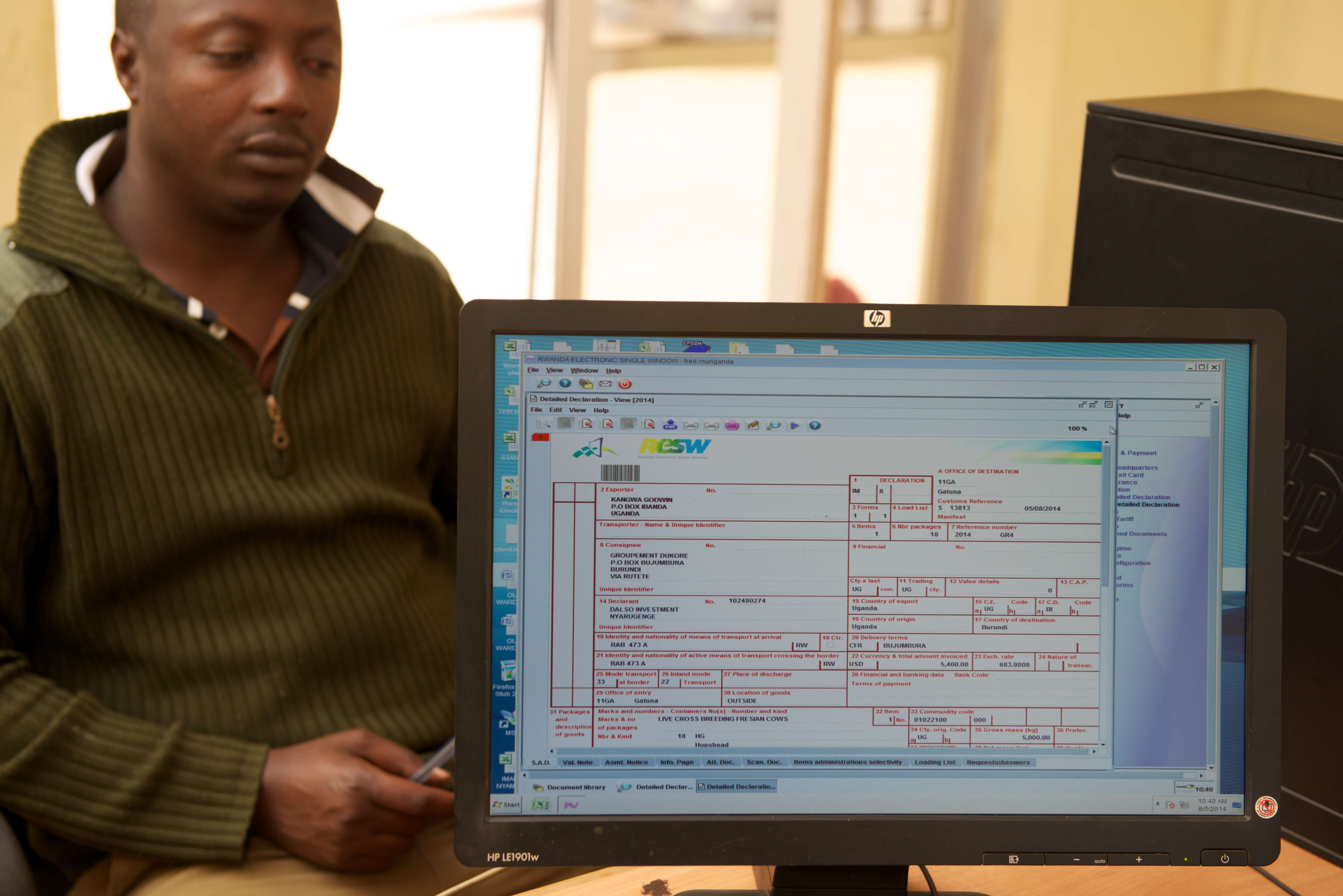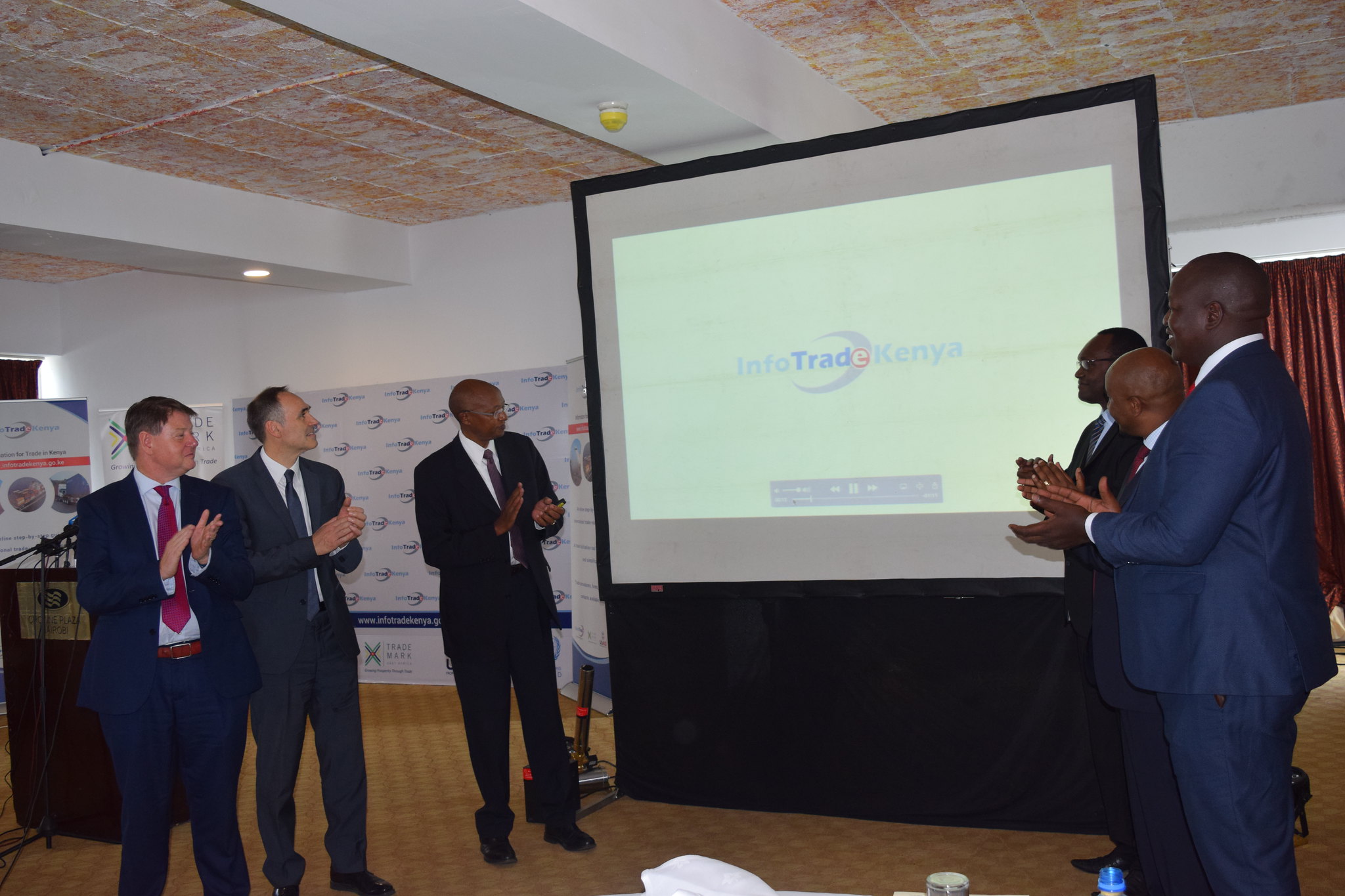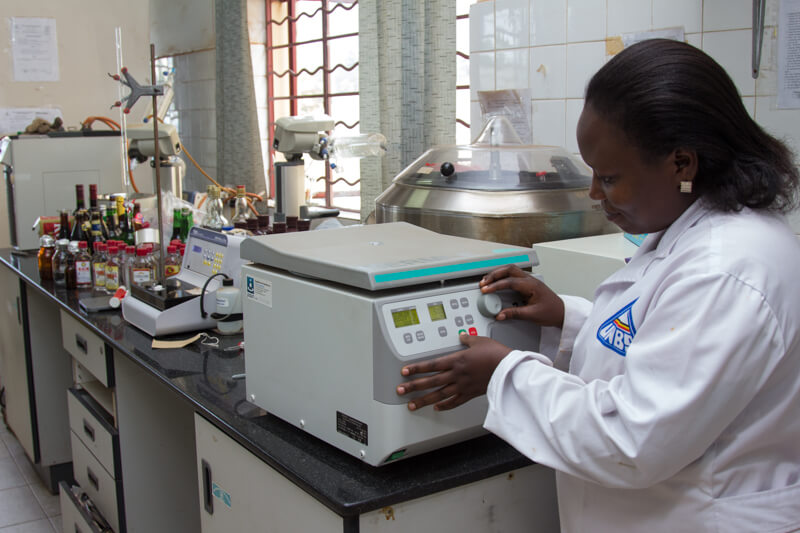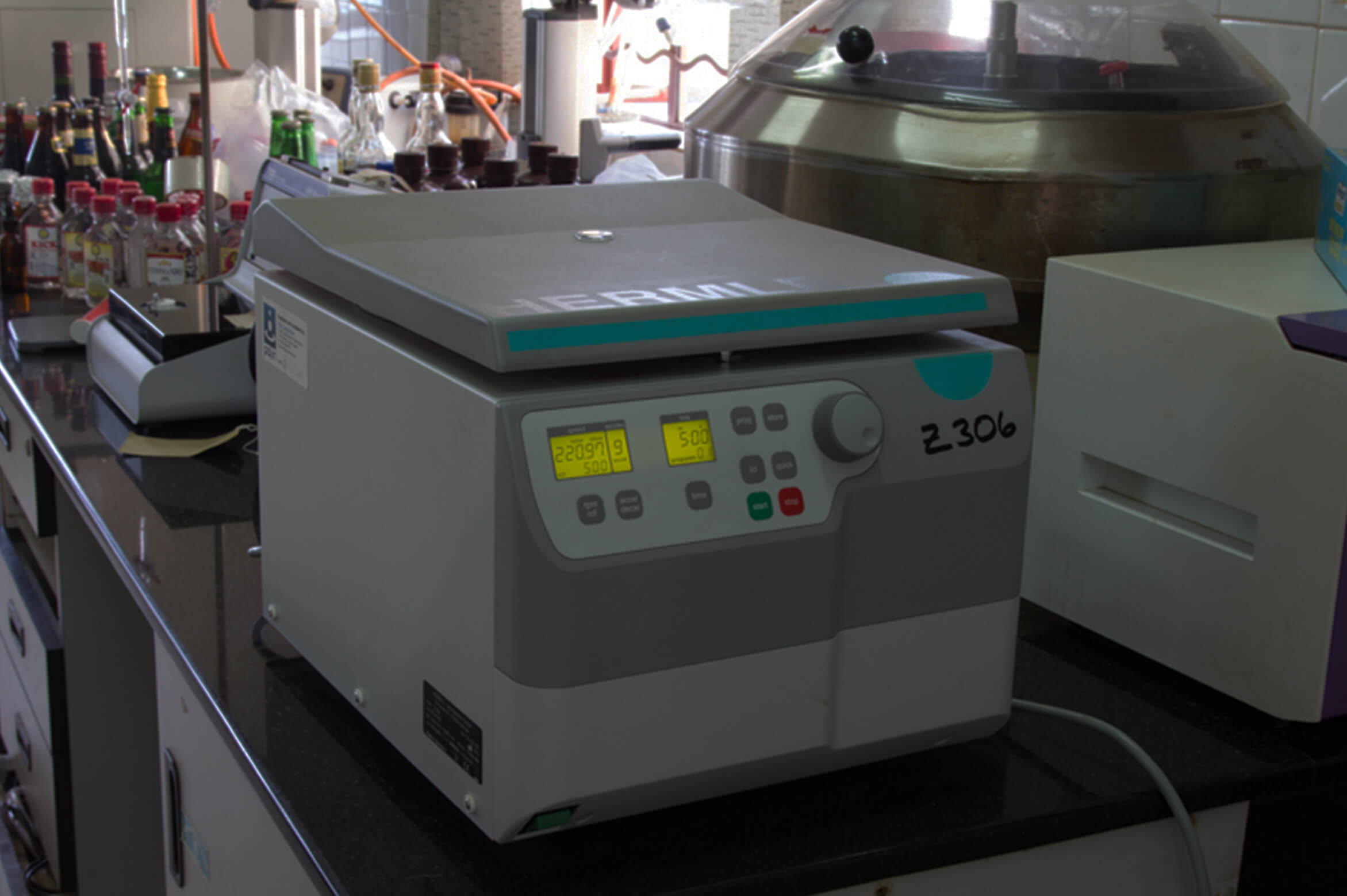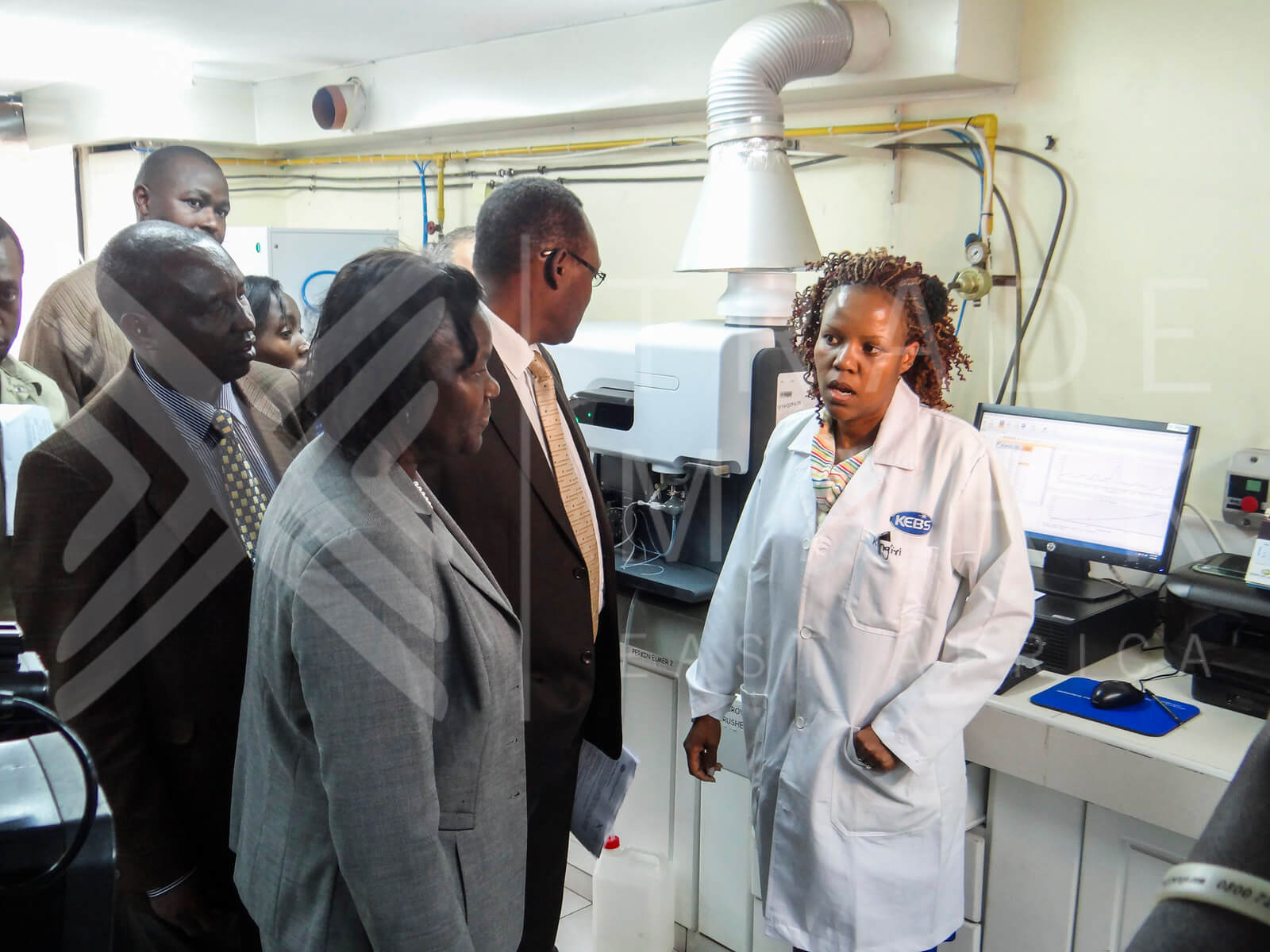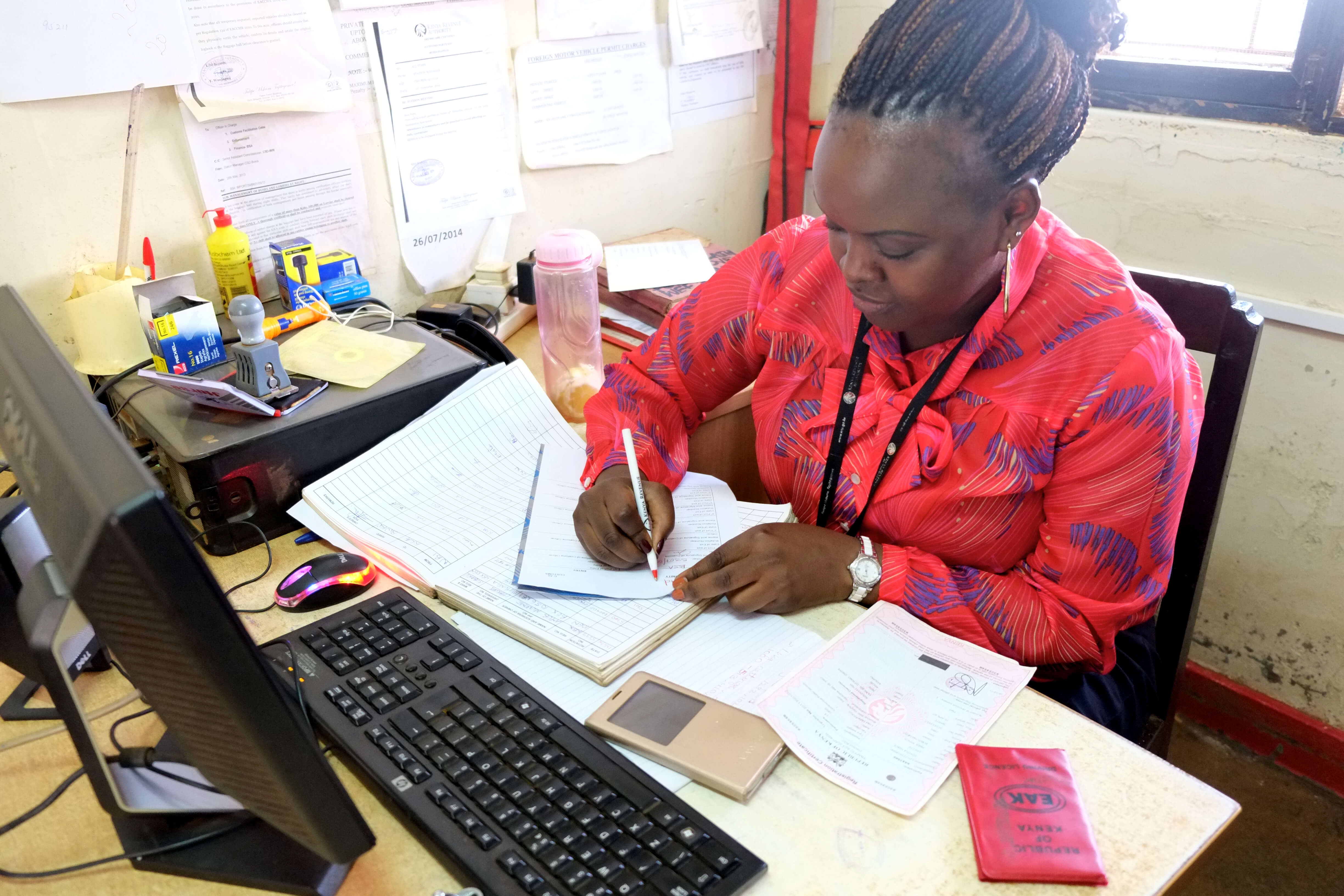1 BACKGROUND TFDA began its operations as a regulatory body on 1st July 2003 and is mandated to regulate the quality, safety and efficacy of food, medicines, cosmetics and medical devices which is provided for under the Tanzania Food, Drugs and Cosmetics Act, Cap 219. Since its inception, TFDA has attained notable achievements in regulating the quality, safety and efficacy of food, medicines, cosmetics and medical devices. Amongst its achievements, TFDA has developed robust systems and put in place guidelines for registration of products, inspection and surveillance as well as laboratory analysis of product samples prior to market authorization. This case study focuses on the improvements that Tanzania Food and Drug Authority (TFDA) has made in enhancing trade in Tanzania through the automation of their key trade process with support from TMA. The TMA support towards automation of key trade process at TFDA began in 2012 at a tune US $ 285,000 and is expected to end in 2017. The automated system at TFDA serves its stakeholders in registration, regulation and monitoring of food, medicines, cosmetics, medical devices and premises in Tanzania. The expected outcome of the TMA intervention at TFDA was to increase efficiency through time and cost saving for TFDA and its stakeholders as the portal eliminates the need for physical presence of customers at TFDA offices, promotes transparency and accountability by TFDA and its customers which in the long run enhance and promotes trade. 2 THE ISSUE The method of services delivered at TFDA to its stakeholders...
Contributing to an enhanced trade environment through automation of key trade processes at Tanzania Food and Drug Authority (TFDA)
Posted on: May 20, 2019
Posted on: May 20, 2019

